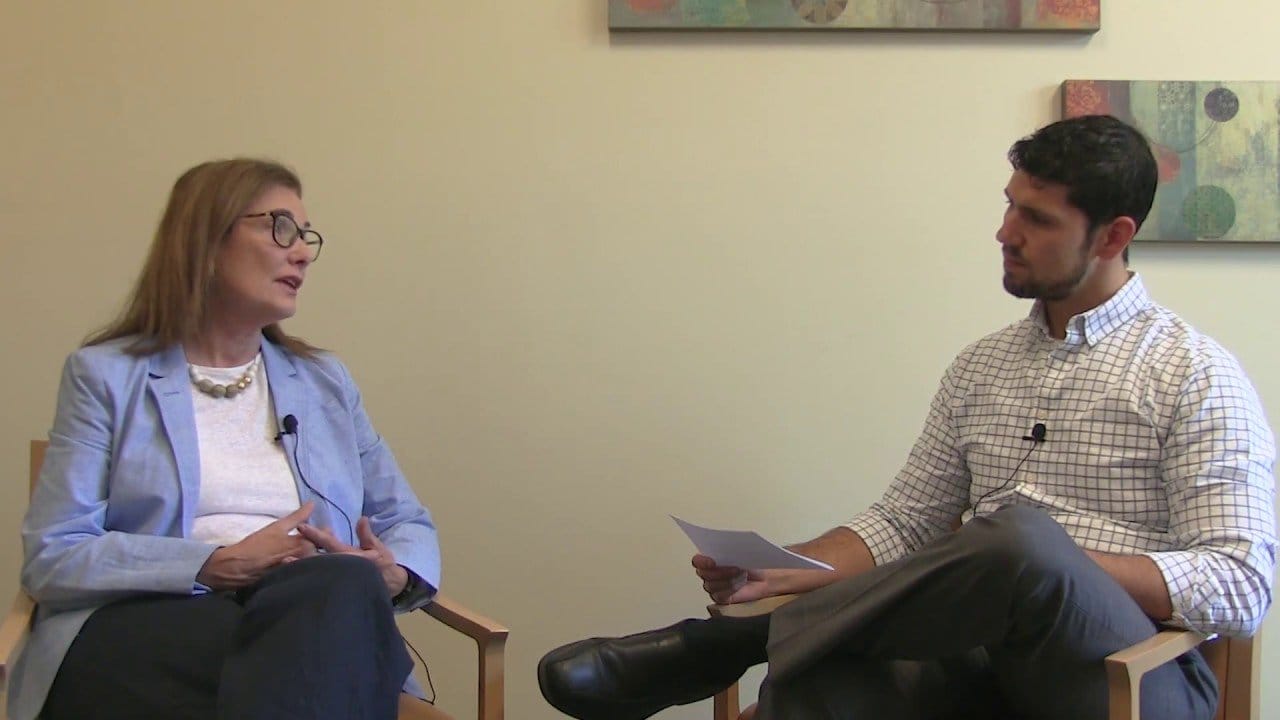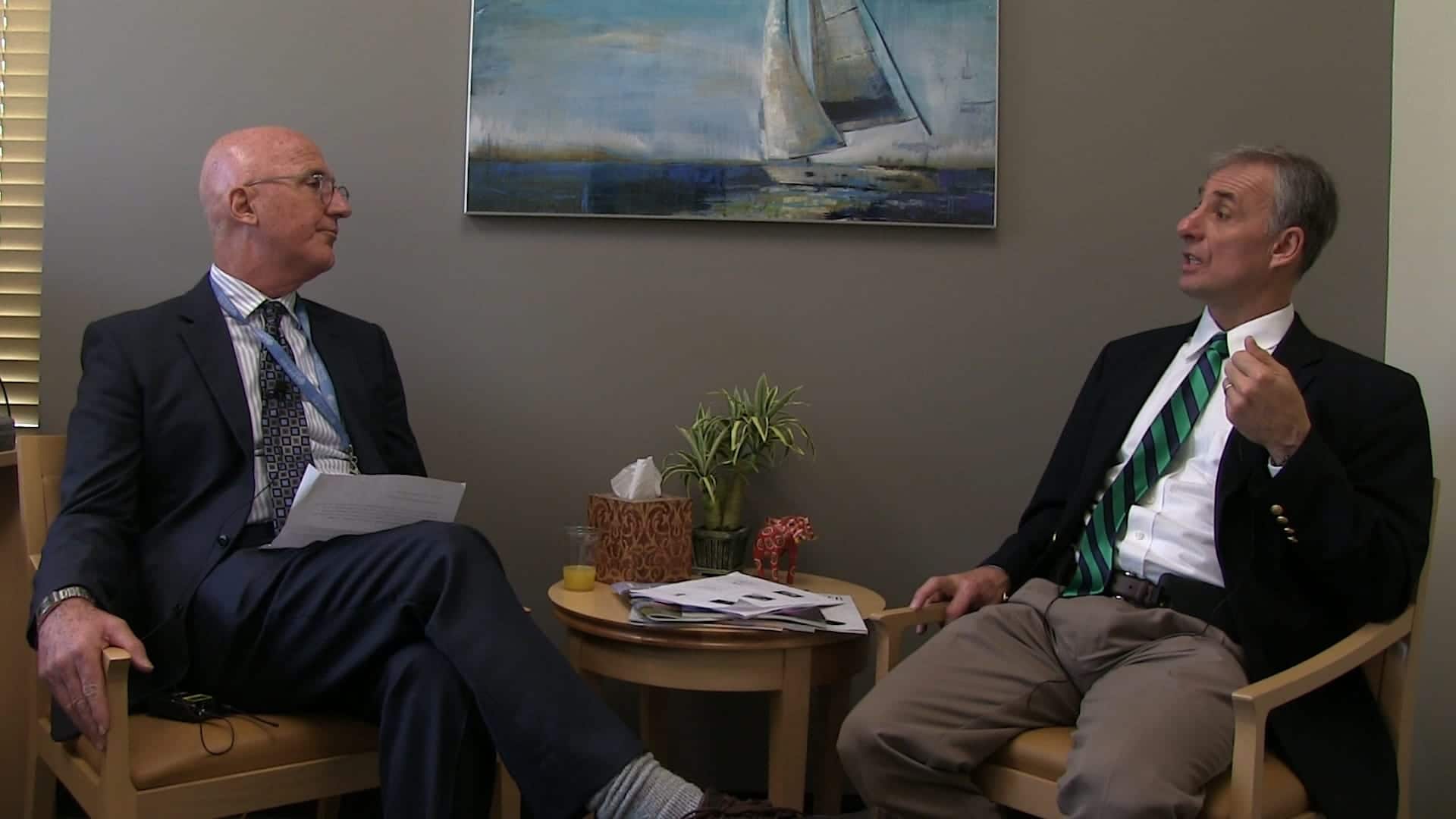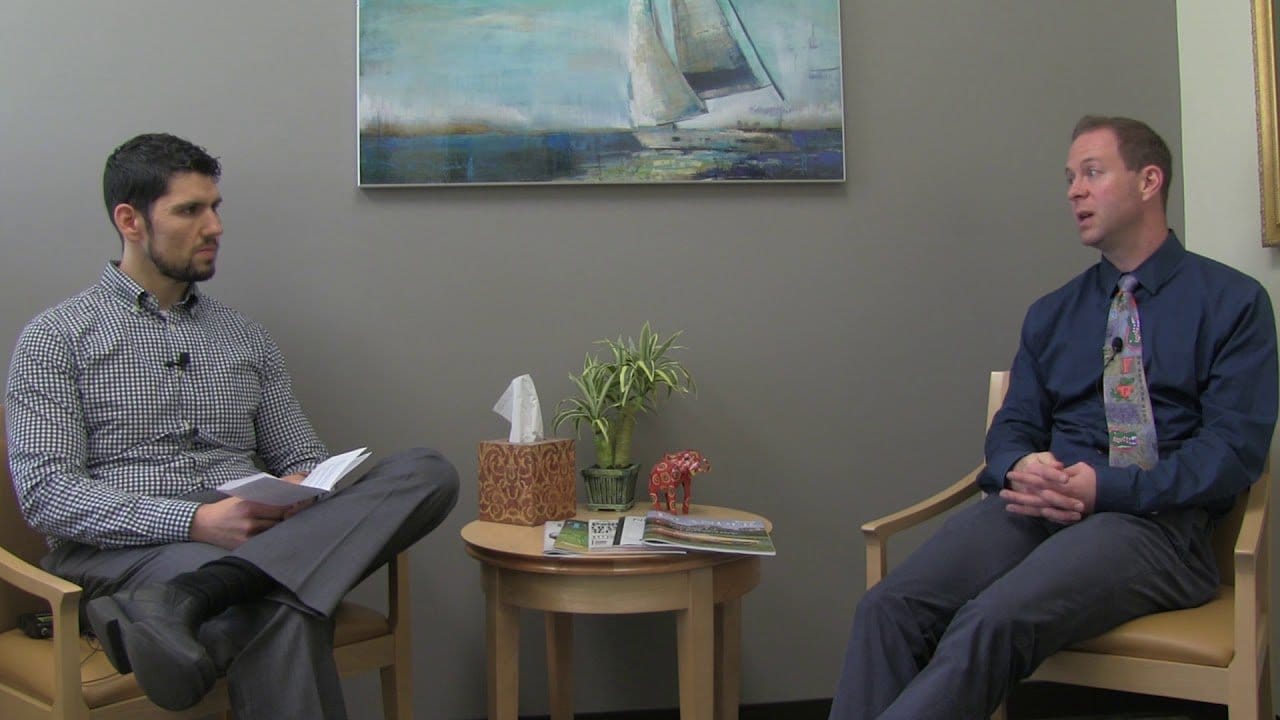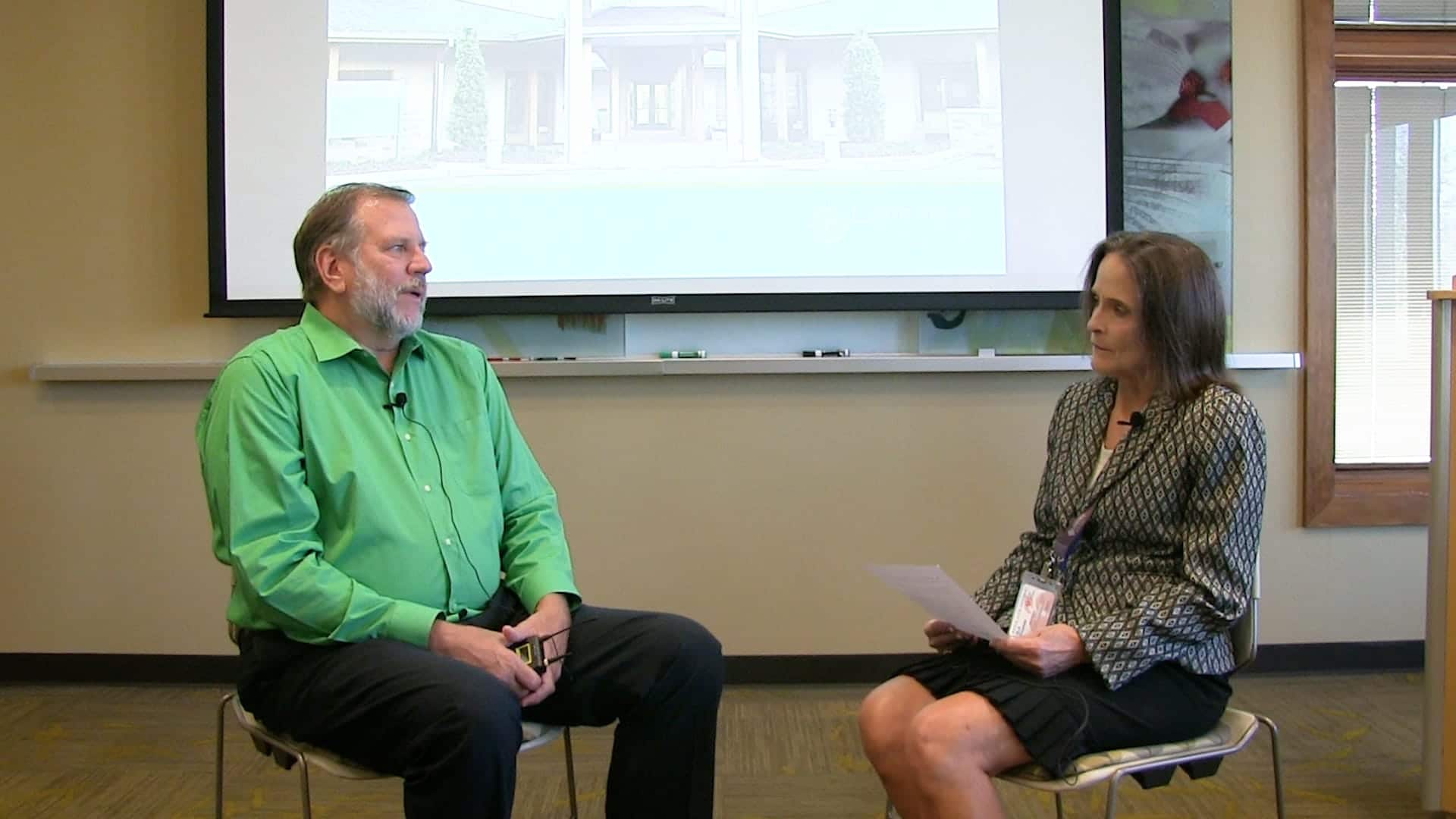Taylor Glenn from Banyan Treatment Centers discusses Banyan’s transitional living program and their unique stabilization program.
Podcast Transcript
Gina Thorne: Hello everyone, this is Gina Thorne with Lakeview Health and thank you again for joining us with the Lakeview Podcast series. I’m joined today with Taylor Glenn from Banyan Treatment Centers who is here to talk with us a little about their transitional living program. Welcome, Taylor. Taylor Glenn: Hi, thank you! Gina: So tell us a little bit about yourself. You are currently the Director of Business Development for Banyan Treatment Center, and you’ve been working in the field for a little while, so can you tell us how you got into the field? Taylor: Yeah, I’ve been doing this specifically for about two years, and I got into it because I got sober. I went to treatment almost four years ago, and I worked hard in the restaurant business for a little while and did the humbling job thing as it was suggested to me, and then I met a few people who were on the marketing side of things that taught me how to do it right and took me under their wing, and I got my first job with another great facility in West Palm Beach and I just learned quickly and had the right people in my corner telling me what was right, what was wrong, and how treatment is supposed to be. At the end of the day when I went to treatment I was treated with dignity, it changed my life, and I give a lot of credit to what I have now to the way the treatment process was done. So I want every client that comes in contact with me, at any program I’ve worked for, to feel the same way. So essentially that’s why I do what I do. Gina: That’s great, and it’s interesting because we do a lot of these podcasts and our strongest ambassadors are those that have gone through the programs and really understand what recovery is about. So who better to talk to families and individuals that are struggling, than those that have been there? So I’m glad to hear that’s part of your mission. So Banyan Treatment Center is located in South Florida, and you have a pretty extensive transitional living program. Can you talk to us a little bit about your services that are tied to that? Taylor: Essentially we are a treatment center that specializes in aftercare. We have 186 beds with an IOP component, and that’s our traditional main treatment component that people know us for. So after the 30-day residential rehab, you would come and step down to us, anywhere between 90 days and six months is usually the recommended time frame. Coming to us is where you really learn to integrate back into life, to take the tools you learned in residential treatment and put them into action. We want everyone to feel like a true adult. You have little bits of freedom here and there, but you want to have that constant contact with a counselor and group therapy, just like you did in treatment. So besides just the IOP component for substance abuse, we have two things that we do a little differently than most, the main one being our co-occurring disorder track. Anyone who comes into our program that has a diagnosed co-occurring disorder situation, they have separate housing and a separate IOP program. Everything that’s done with them is with the same types of hours and options but they’re not integrated into different groups. We’ve decided just with working with some of the mental health programs down south that it’s a little bit easier, even though it’s substance abuse primary, that if they have something else going on, it’s better for them to work together and it’s easier to open up about the other side of things. So that’s going very well, it’s something that we’ve been doing for about two years now. The other thing that’s different is our stabilization program. Down in South Florida, detox, and the cycle of becoming stuck in multiple treatment episodes is common, and I believe that going to detox when it’s not necessary is a big part of that. My history was working with a facility that had its detox, so in a way I became a gate keeper to those who were maybe not necessarily meeting criteria, hadn’t used enough, or were perhaps drug seeking. I learned the difference of who was sending me referrals and down south people learn to lie about their criteria to get into detox, and I don’t think it’s beneficial to the client and I don’t think it’s beneficial for the programs who are doing it because essentially you’ll lead to committing insurance fraud and all kinds of nasty stuff. So we created a program for stabilization for those clients who have that one-time use, that slip up, whether it be in our program or in another higher level of care or another IOP, they can come to us, and again, have separate housing, completely separate curriculum based on someone who has just relapsed. So this way, rather than going to detox when it’s not necessary, having those drugs that you don’t need and lacking that intense therapy that I believe is needed for a recent relapse, people come to us ready to get into the reasons for what just happened. Why did you relapse, and what potentially was missed in your last 30-day residential episode? Maybe you weren’t talking about something. Maybe there’s a reason you don’t feel whole inside. And our therapists have no other case load on the side, they are there specifically for this with this curriculum. We are seeing a big difference in these clients who have that one last slip. Now they’re getting help and they’re really getting into it, and they go back to their program or ours with new insight. So that’s something we are really proud of that’s a little different. Gina: That is very different, and really forward thinking so that you’re not putting everyone in a box and expecting them all to need to go through detox when some people might not necessarily need it. That’s very smart. This is your first time visiting us at Lakeview, and I know that you’ve heard of us, I know that you haven’t really had a chance to do the full tour yet, but what’s your impression of Lakeview? Taylor: This place is amazing. I went to a program in Minnesota that was similar, and I said before that my treatment episode changed my life. It truly was amazing and it gives you the feel of being somewhere comfortable and safe, and that safety is so key when you walk into a facility and you guys have a very similar feel to where I got well, so that made me feel at home when I first got here. Lakeview in general is one of those places that has that reputation. When I’ve spoken to clients about potentially coming here, even they have heard of Lakeview as this great amazing place that you go off to, away from that South Florida mix we’re all used to, and just like our stabilization program, a part of what a lot of us do down there is try to break the cycle. A lot of people get stuck in two, three, four, five, six treatment centers that are all in the same area, all similar modality, and you need to get away from that. I firmly believe that trying something different, a true residential setting that’s away from all the hubbub and easy access of South Florida is great. So we in the industry down there all view Lakeview as a great option for those clients who finally need to just get away and stop. And it seems to work more often than not. Gina: We appreciate that feedback, thank you. And we appreciate working with Banyan and we look forward to having a strategic partnership with Banyan as well, because we know that you all obviously have a very unique transitional living program that not a lot of other people do. If someone needed to get access to services at Banyan, how would they reach you? Taylor: The main way, I handle a lot of the calls directly, and my direct cell phone number is 847-997-5151. I oversee all the admissions as well so, if you can’t in touch with us through the direct admissions line, I’m always there 24/7. The stabilization program and things like that that require those afterhours intakes, I’m always available, but the easiest way, during the day at least if it’s an intake where you’d have a scheduled time perhaps a week before discharge from a facility, you would call our main admissions number which is 1-844-4-BANYAN, and you can reach any one of our admissions counselors who will guide you through the process. Gina: Very good. Well, thanks for taking the time to talk to us today about Banyan Treatment, and for those of you that are interested in learning more about Lakeview, we invite you to visit us at LakeviewHealth.com or feel free to call us at [Direct] , if you’re looking for treatment for yourself or someone else. Thank you.




